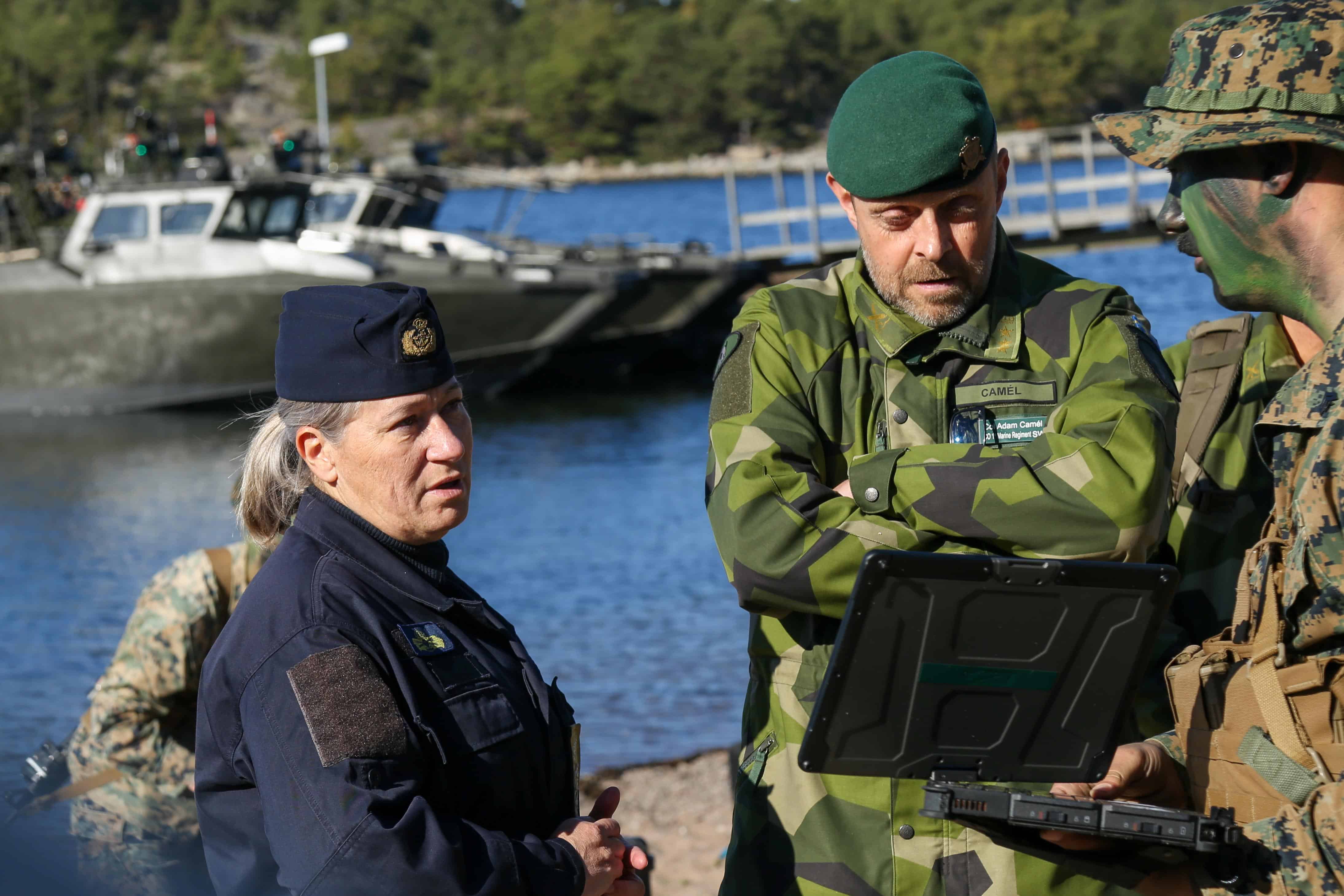Ewa Skoog Haslum, the Chief of the Swedish Navy, has indicated that Russia may be using its “shadow fleet” of oil tankers to conduct espionage activities in the Baltic Sea. The fleet is characterized by older vessels often lacking proper insurance and frequently changing flags, and has been under surveillance by the Swedish Navy. The vessels are suspected of housing communications and signals equipment not typical for standard cargo ships, which could potentially be used for intercepting communications or other forms of intelligence gathering.
In an interview with Swedish public broadcaster SVT, Haslum detailed findings of unusual equipment on these ships, such as antennas and masts uncommon on commercial vessels, hinting at possible covert operations. The shadow fleet has been a tool for Russia to circumvent international sanctions imposed on its oil exports following its actions in Ukraine. The sanctions include a price cap on Russian oil, which the shadow fleet helps to bypass by conducting ship-to-ship transfers of oil at sea, away from direct oversight.
The fleet’s operations, involving older and poorly maintained tankers, increase the risk of oil spills. This concern is shared by regional stakeholders like Denmark, which has been contemplating measures to inspect and potentially block these vessels from transiting through its waters, as they often lack the Western insurance required under international shipping standards.
Russia’s shadow fleet has taken to loitering off the coast of Gotland.
Alas, Sweden (and other states, and NATO) can’t just block these vessels.
But Greenpeace could help – in its own way.https://t.co/3pWhI9H2KA
Me @ForeignPolicy pic.twitter.com/2htbhn96ph
— Elisabeth Braw (@elisabethbraw) April 22, 2024
Expanded Coverage:









